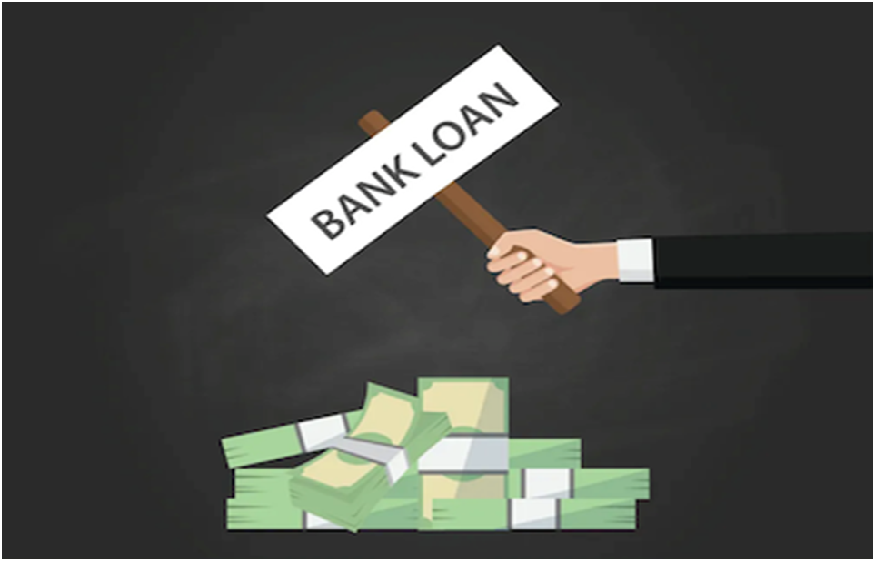When businesses look to expand or acquire property, they usually apply for a commercial property loan. However, in order to secure the best financial solution for their unique needs, it’s essential to understand the commercial property loan interest rates.
Commercial property loans are a critical component of real estate investment and business expansion in Australia.
This guide aims to explore commercial property rates and the factors that influence them, along with practical tips for businesses to secure favourable terms.
Understanding Commercial Property Loan Interest Rates
Unlike residential property loans, commercial property loans are specifically designed to assist businesses in acquiring, refinancing, or developing commercial real estate.
Interest rates on loans for commercial property are often higher than those for residential real estate.
These loans could be essential for businesses looking to establish space for operations, expansion, or investment property. Commercial buildings typically require larger loan amounts with more flexible repayment terms. This may increases the complexity for lenders.
The rates associated with commercial property loans may be fixed or variable.
Fixed rates typically offer repayment predictability because they stay the same for the duration of the loan. They are generally suitable for companies looking to maintain their financial planning steadily.
However, with fixed rates, businesses might miss out on future rate reductions when the market is doing well and the rates drop.
Market conditions can potentially affect variable rates. If the market rates drop, businesses may benefit from lower interest rates. However, if they increase suddenly, variable rates can disrupt cash flow, even if they start lower than fixed rates initially.
Generally, it’s wise for businesses to assess their ability to repay and overall financial stability when deciding between fixed and variable interest rates.
Factors That Influence Commercial Property Loan Rates
Business Credit Score And Financial History
Businesses with strong credit scores and good financial management history may be offered lower and more favourable commercial property rates.
Usually, loan providers will carefully assess the creditworthiness of the business applying for a commercial property loan.
Property Type And Its Impact On Interest Rates
Another factor that may influences the interest rates is the type of commercial property a business is purchasing. For example, retail or office buildings may have interest rates that are different from warehouses.
This shows that commercial properties with higher income potential or in prime locations generally come with better interest rates.
Loan Term And Repayment Structure
Short-term commercial property loans usually require higher monthly repayments but have lower overall interest rates.
In contrast, long-term loans with spread-out repayments may be more manageable but with increasing total interest paid over time.
Market Conditions And Reserve Bank Of Australia (RBA) Interest Rate Policies
The Reserve Bank of Australia’s (RBA) cash rate directly affects the rates offered by lenders. In low-rate market conditions, borrowing may become cheaper, while rate hikes can increase the cost of loans.
Keeping an eye on RBA announcements and market trends can help businesses time their loan application strategically.
Different Types Of Commercial Property Loans In Australia
- Term loans: These are suitable for businesses looking to secure long-term financing for property acquisition. Term loans are widely considered the most common type for commercial properties.
- Interest-only loans: With this type, businesses only pay the interest initially. Interest-only loans may help with managing cash flow with lower initial repayments.
- Commercial construction loans: Specifically designed financing for property development, which can provide funds in stages during the project’s progress. Typically, these loans have shorter terms and higher rates, and may require detailed project plans and cost estimates.
- Lines of credit for property investment: If a business is looking to secure flexible financing for ongoing projects, then lines of credit are the most suitable option. A line of credit is great for managing multiple projects or accessing funding fast.
How To Compare Commercial Property Loan Interest Rates Effectively
Understanding interest rates is vital when it comes to evaluating commercial loan offers. It’s also important to take into consideration all associate fees. This can help businesses avoid unexpected costs, such as application fees, annual charges, early repayment fees, and more.
Another thing to look for is flexible repayment terms. It’s wise for businesses to evaluate repayment flexibility and refinancing options. This may allow companies to adjust their financing as their businesses grow.
Using loan comparison tools tailored to the Australian market could be an excellent way to ensure a business is getting the best loan offer for its needs.
Tips For Securing The Best Commercial Property Loan Rates
- Strengthen yourbusiness credit profile: A strong credit profile can help businesses get more favourable interest rates. So, businesses should consider building up their ratings by making timely payments and paying off any existing debts.
- Prepare clear and accuratefinancial documentation: Businesses can streamline their applications by preparing detailed documentation. This usually includes financial statements, tax returns, and a business plan to demonstrate financial stability.
- Negotiate loan terms with lenders: Negotiations are essential for securing better terms. Many lenders could potentially provide discounts or more flexible terms during negotiation.
- Understand market trends and interest rate forecasts: By keeping track of market trends and interest rate forecasts, businesses can identify when rates are low and apply for a loan during that period.
Frequently Asked Questions
Should business owners refinance their commercial property loan to get a better interest rate?
Refinancing a commercial property loan may help businesses secure a lower interest rate, or access additional funds. However, it’s critical to weigh the potential benefits against any costs associated with refinancing, such as exit fees, or application fees for the new loan. Refinancing is often most beneficial when the business’s financial situation has improved.
What’s the difference between an investment commercial loan and an owner-occupied commercial loan?
Investment commercial loans are for properties intended to generate rental income. In contrast, owner-occupied loans are for properties in which the borrower’s business will operate. In general, lenders may offer lower rates for owner-occupied loans.
Conclusion
Understanding commercial property loan interest rates and the factors influencing them is crucial for businesses intending to secure the best loan for their needs. These factors typically include credit rating, property type, loan term, and market conditions.
Businesses may secure the best rates that align with their business goals by strengthening their credit profile, staying informed about market trends, and negotiating with lenders.
Generally, careful planning and informed decision-making are key to securing the right commercial property loan with the best interest rates.

 Mapping Success: How to Choose the Best Location for a Dispensary
Mapping Success: How to Choose the Best Location for a Dispensary  Diversified Investment Pathways: A Formal Look at the Integration of NSE IPO and SIP
Diversified Investment Pathways: A Formal Look at the Integration of NSE IPO and SIP  Open Your Demat Account Today to Invest in NSDL and Track Its Share Price
Open Your Demat Account Today to Invest in NSDL and Track Its Share Price  Documentation and Verification in Digital Gold Loan Applications
Documentation and Verification in Digital Gold Loan Applications  Measuring ROI and Performance with Yext SEO
Measuring ROI and Performance with Yext SEO  Content Marketing Agency: Transforming Content Into Business Results
Content Marketing Agency: Transforming Content Into Business Results  The Demographic Shift: Who’s Really Using Personal Loan Apps?
The Demographic Shift: Who’s Really Using Personal Loan Apps?  Organising Modern Workspaces with Plastic Storage Containers and Stackable Storage Containers
Organising Modern Workspaces with Plastic Storage Containers and Stackable Storage Containers  Should You Hold Google Stock for 10+ Years? Benefits of Long-Term Investing
Should You Hold Google Stock for 10+ Years? Benefits of Long-Term Investing 






